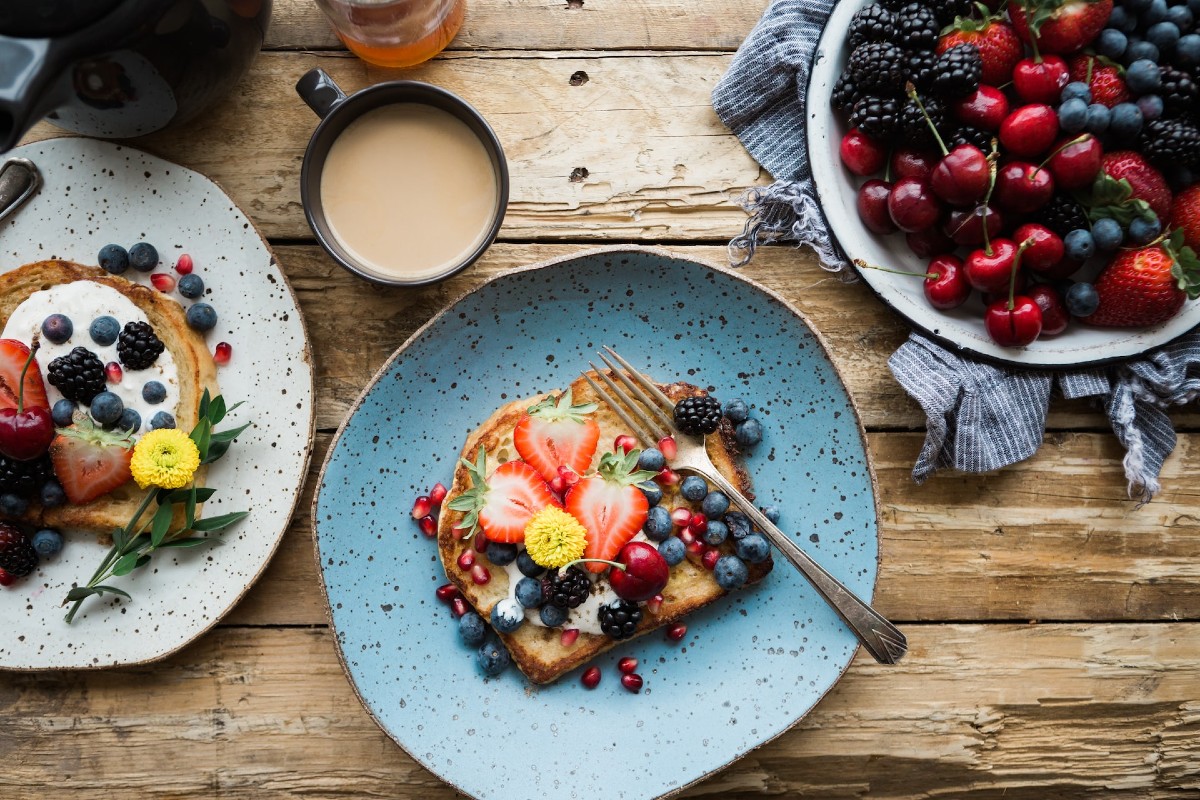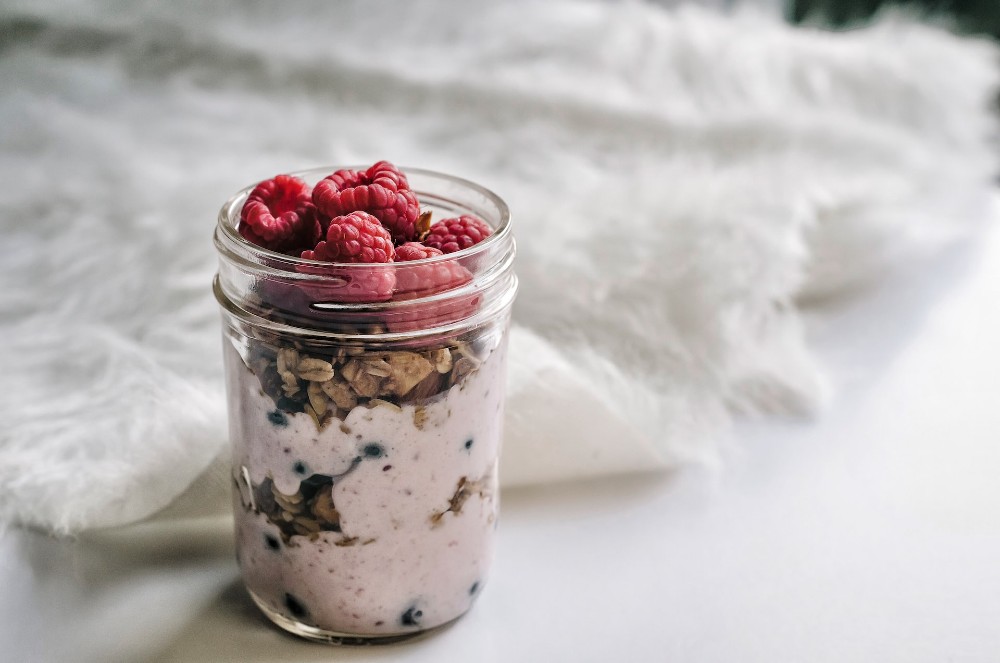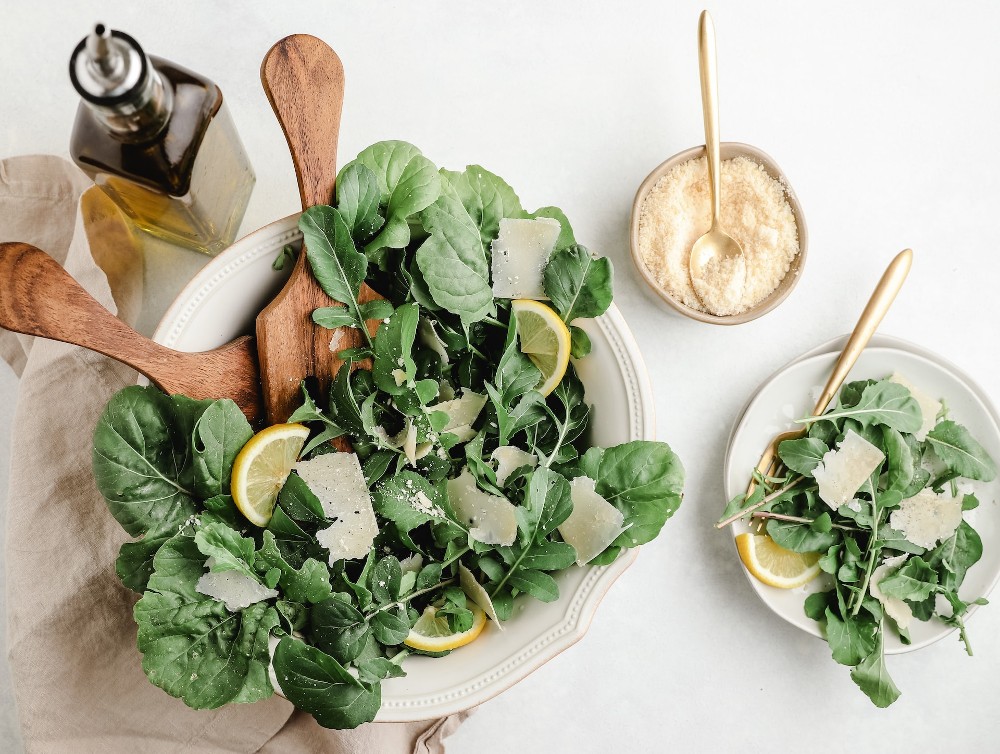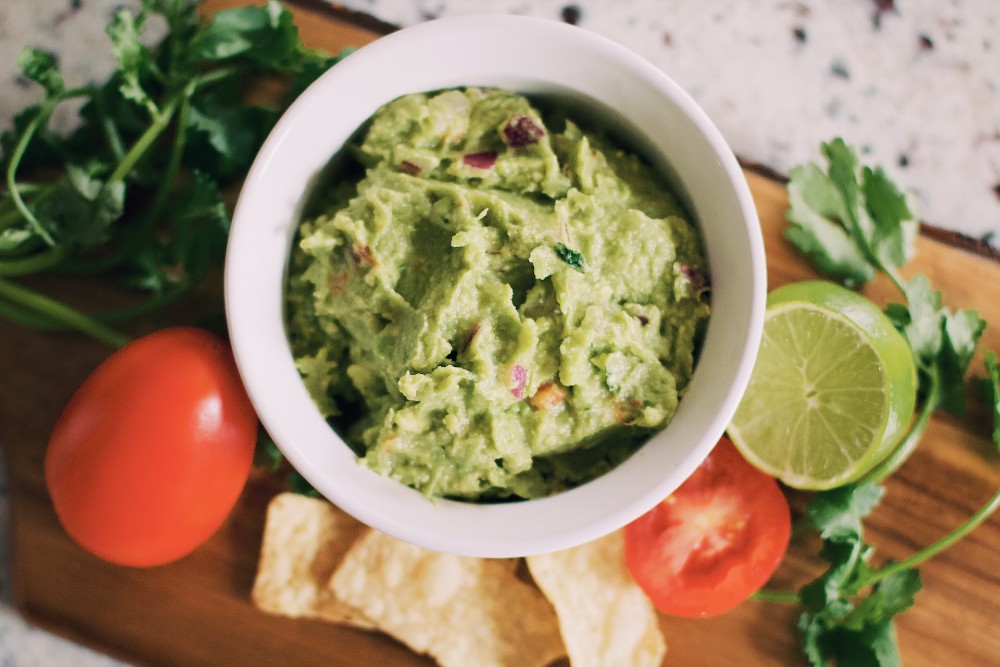
We are a reader-supported education publication. When you buy through links on our site, we may earn an affiliate commission to help us keep providing content.
College students have some of the busiest schedules — from class projects, cramming for exams, and extracurricular activities, finding time to cook is impossible. Pair that with a tiny dorm room or communal kitchen, and it’s usually much easier to grab something at the dining hall or order takeout.
However, your college years are when you should build healthier eating habits and learn how to save money on food. Fortunately, there’s a way to make a healthy meal without the mess, nourishing your body and allowing you to return to studying. Here are six no-cook meals for college students.
1. Crunchy Tuna Wraps
Fill up on protein-packed crunchy tuna wraps before heading to your next class — a delicious midday meal requiring just a few minutes to spare.
Add light tuna, chopped celery, scallions, red pepper, and sliced water chestnuts on a spinach tortilla wrap. You’ll also want to include low-fat mayonnaise, mustard and shredded lettuce.
Simply roll the wrap with the ingredients and cut through the middle for an easier time eating. The best part is that you can take your wrap with you, so you’re not late for class.

2. Overnight Oats
Microwavable pancakes and Poptarts will leave you feeling sluggish and your tummy grumbling within a couple of hours. Instead, start your day with overnight oats to boost your brain function and concentration.
Oats contain beta-glucan fiber that prevents blood sugar and insulin levels from rising and dropping too quickly. It’s also a healthy option for optimal gut health.
Making overnight oats is easy — and one less thing to worry about in the morning. In a container — Tupperware, bowl, mason jar, etc. — add oats, your choice of milk or non-dairy alternative, chia seeds, vanilla extract and sea salt. Make sure the oats are covered entirely by liquid.
Stir the ingredients, seal the container, and allow it to soak in the refrigerator overnight. Come morning, top your overnight oats with fresh fruit, coconut flakes, cocoa nibs, walnuts, or peanut butter drizzle.

3. Fresh Salads
Although salad dressings and toppings can add plenty of excess calories to a healthy meal, fresh salads are otherwise low in sugar and help reduce stress for better academic performance.
Salads are also versatile and can be made in bulk to last a few days. Top your salads with rotisserie chicken from the grocery store for ample protein and minimal cleanup.
You can even add fresh fruit to your salad for boosted nutrition.
4. Nut Butter and Fresh Fruit Toast
Speaking of fresh fruit, you might be interested in a grown-up version of a peanut butter and jelly sandwich.
Opt for a healthier nut or seed butter on toasted multigrain bread. Then, add fresh blueberries, sliced strawberries or another favorite fruit.
You might even sprinkle chia seeds, shredded coconut, and a drizzle of honey. If your sandwich happens to be open-face, chopped basil makes a fresh garnish and pairs well with berries.

5. Homemade Guacamole
Budgeting your weekly food expenses is critical as a college student. You might even want to scour local supermarkets and make a note of the different prices to determine where the best deals are.
Conventional advice suggests that cooking for yourself is much more budget-friendly than eating out or buying pre-packaged food. As such, making homemade guacamole with fresh avocados may be more cost-effective.
Guacamole couldn’t be easier to whip together. Scoop avocado into a bowl and mash it with lime juice, diced onion and tomato, salt, minced garlic, and finely chopped and seeded jalapeno pepper.
Storing your avocado correctly is essential — they contain enzymes that oxidate when exposed to air. You can squirt lime juice over the guacamole or press plastic wrap directly on top to seal the air out and prevent it from turning brown.
The last thing you want as a college student on fixed expenses is to waste food. The average student is already spending $547 on food monthly.
6. Energy Bites
Whether you’re looking for a filling breakfast or a quick snack, energy bites are an easy no-cook recipe for college students to make.
Simply stir oats, cocoa nibs, flax seed, nut butter, honey, and vanilla extract in a bowl and use your hands to mold the mixture into several bite-size balls. Then, arrange the balls on a sheet pan or plate and freeze for one hour.
Store the energy bites in a Tupperware container in the refrigerator or freezer. They’ll last about two weeks.
Eat Healthy Without the Mess
College students can make healthy meals without having to dedicate time to cleaning up the whole kitchen. It takes only a few minutes to whip up these easy meals, and you’ll feel better afterward, too.
latest in learning!
Get the latest updates in learning, teaching and everything in between! Whether you're a student or an educator, we offer the inspiration you need to fuel your classroom experience.








